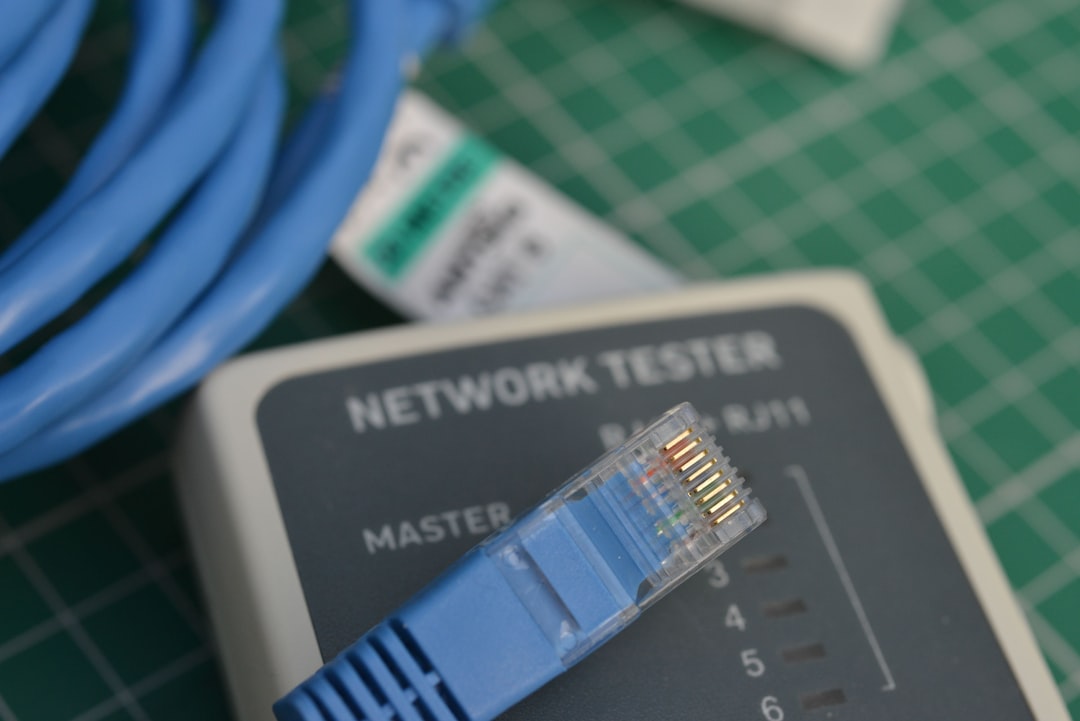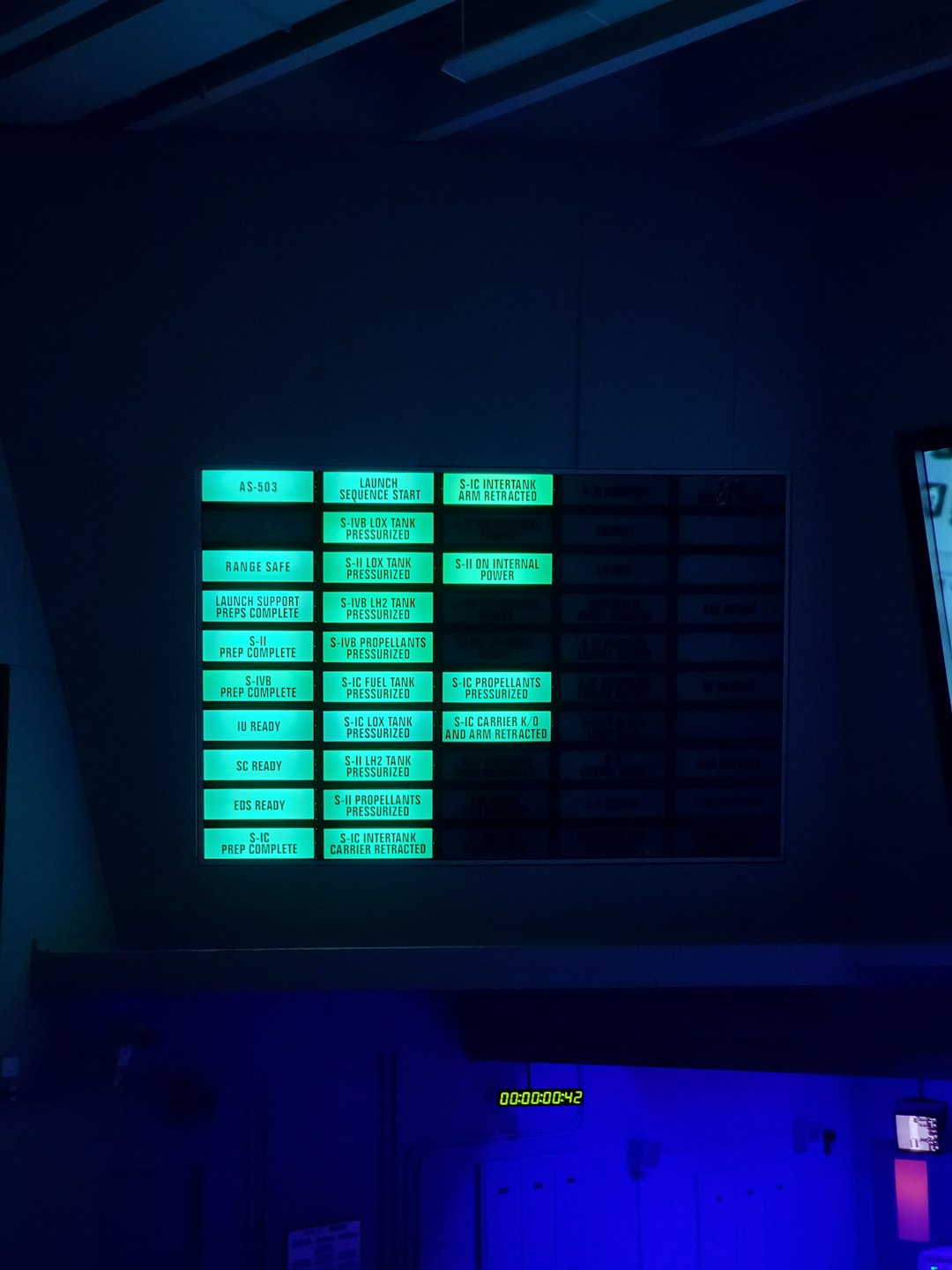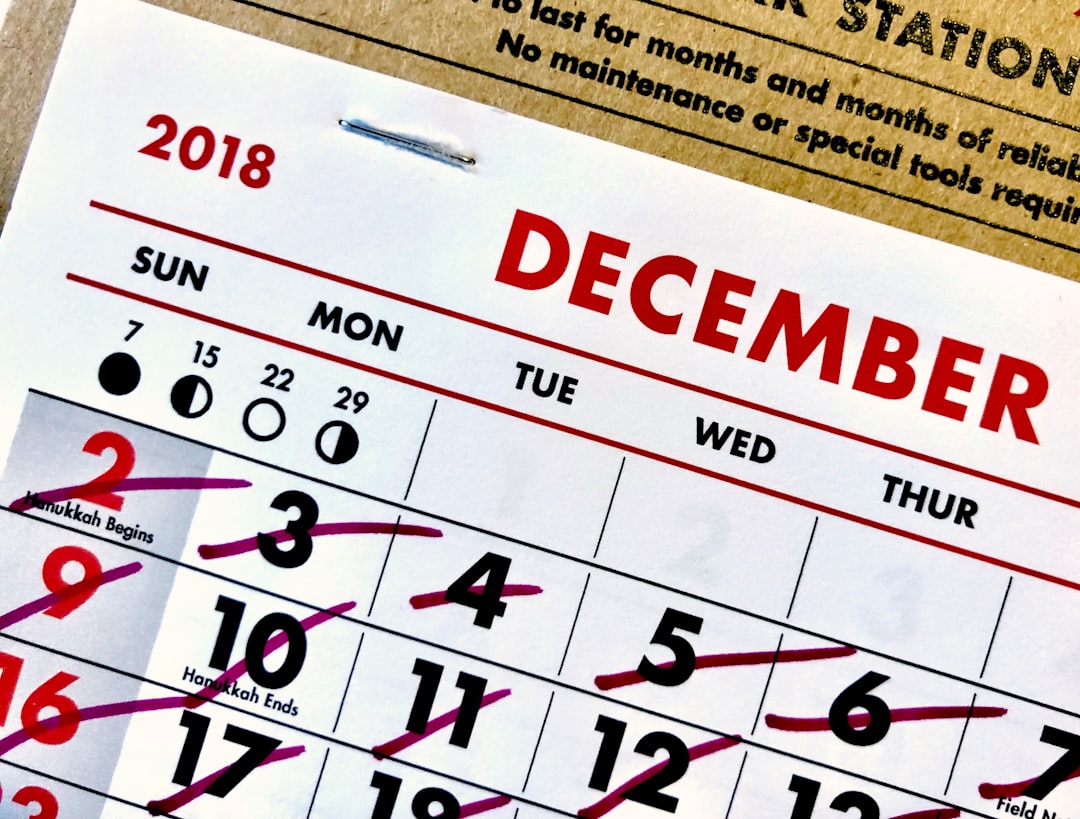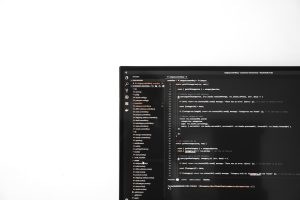
In the high-stakes world of construction, efficiency, transparency, and timely execution are no longer optional—they’re essential. With complex projects involving numerous stakeholders, fluctuating schedules, and tight budgets, contractors are leaning heavily on digital solutions to maintain control and prevent delays. It’s no surprise that 7 out of 10 contractors now rely on construction management platforms for real-time project tracking. These platforms are transforming how construction projects are planned, managed, and executed, offering a centralized system that saves time, reduces risks, and improves collaboration.
For years, the construction industry lagged behind other sectors when it came to digital adoption. However, the recent surge in technology adoption has been driven by the growing pressures of tight deadlines, rising material costs, and labor shortages. Through construction management platforms, contractors can monitor all project components—from budgeting and manpower to logistics and compliance—in real time.
Greater Visibility and Transparency
One of the most compelling reasons why contractors turn to construction management platforms is the increased visibility these solutions provide. Real-time project tracking allows for instant updates on task statuses, material orders, subcontractor activities, and progress timelines.
In traditional project settings, gathering updates meant sorting through emails, making countless phone calls, or relying on outdated spreadsheets. Today’s platforms aggregate all that data into a single interface, giving everyone from project managers to stakeholders a clear snapshot of where the project stands at any moment.

This transparency reduces the frequency of miscommunications and errors that can derail timelines. When everyone involved has access to up-to-date information, it’s easier to coordinate tasks and align expectations.
Improved Collaboration and Communication
Construction projects often involve a mix of general contractors, subcontractors, architects, suppliers, and clients. Unifying all these entities around a shared platform facilitates collaboration on an unprecedented level. Features like shared calendars, document management, in-app messaging, and file sharing ensure seamless communication among all parties.
Real-time updates and mobile apps also allow teams on the field and in the office to remain synchronized. Whether it’s sending change orders, requesting approvals, or updating task statuses, construction management platforms make collaboration efficient and centralized.
Data-Driven Decision Making
Another powerful advantage of real-time tracking is the ability to make informed decisions based on current data. Construction management platforms offer analytics and reporting tools that collect and interpret data from multiple sources in the project lifecycle.
From worker productivity and weather impact to supply chain disruptions, the ability to assess these variables quickly makes project risk management more accurate and efficient. Contractors can identify bottlenecks, flag cost overruns early, and swiftly adapt to on-site changes before they become costly delays.
Enhanced Scheduling and Time Management
Project delays are one of the most common—and expensive—challenges in construction. With real-time tracking, contractors have better visibility into which tasks are behind schedule and why. This level of insight allows for proactive scheduling changes and reallocation of resources, ensuring smoother project flow.

Gantt charts, timeline updates, and resource mapping help contractors keep every phase of the project on track. Automated reminders and milestone tracking also minimize the risk of missed deadlines, which can result in hefty penalties or the loss of client trust.
Cost Management and Budget Control
Budget overruns can compromise the profitability of a project. With integrated financial tracking tools, construction management platforms allow contractors to record expenses, compare them with estimates, and receive alerts when they’re approaching spending thresholds.
Real-time insights into material usage, labor costs, and subcontractor payments empower contractors to control their budgets more efficiently. Financial transparency ensures that project managers can justify expenses and seek timely approvals when budgets need adjustments.
Increased Accountability
Construction management platforms maintain a digital trail of every activity, decision, and communication. This increases accountability among team members, vendors, and subcontractors. When everyone knows their actions are being tracked and can be easily audited, it creates a culture of responsibility and ownership.
Whether it’s meeting deadlines, adhering to safety protocols, or submitting documentation, the built-in oversight tools in these platforms reduce negligence and promote higher quality work across the board.
Compliance and Documentation
Especially in commercial and public projects, maintaining compliance with legal, safety, and environmental regulations is critical. Construction platforms simplify compliance by organizing all documentation—permits, inspection logs, contracts, safety reports—in one place.

This accessibility is particularly valuable during audits or disputes. With quick access to digital records, contractors can provide evidence and ensure all stakeholders maintain a clear record of events and approvals.
The Competitive Edge
As digital tools become standard in the industry, relying on traditional project tracking methods can put contractors at a competitive disadvantage. In addition to streamlining project management, construction platforms demonstrate a contractor’s commitment to modernization, reliability, and client satisfaction.
Clients are increasingly seeking partners that utilize technology for better outcomes. Real-time tracking platforms signal professionalism, attention to detail, and readiness to adapt—characteristics that help secure more bids and repeat business.
Conclusion
With the construction landscape growing more complex and competitive, technology is no longer a luxury—it’s a necessity. Real-time project tracking through construction management platforms equips contractors with the tools they need to stay ahead. From improved accuracy and accountability to better communication and risk management, these platforms are revolutionizing how projects get done.
It’s clear why 7 out of 10 contractors now use these platforms to manage their day-to-day operations more effectively. The question now is not whether contractors should adopt these tools—but how fast they can implement them to reap the full benefits.
Frequently Asked Questions (FAQ)
-
Q: What is a construction management platform?
A: It’s a software solution that helps contractors plan, coordinate, and track all aspects of a construction project in real time. -
Q: How does real-time project tracking help reduce delays?
A: By providing instant updates on progress and issues, enabling early intervention and rescheduling when needed. -
Q: Are these platforms mobile-friendly?
A: Yes, most modern platforms come with mobile applications that allow field crews and supervisors to connect while on-site. -
Q: Is it expensive to implement a construction management platform?
A: Costs vary, but many platforms offer scalable pricing. The long-term savings in time and error reduction often outweigh the initial investment. -
Q: Can small contractors benefit from these platforms?
A: Absolutely. Even small teams can use these solutions to streamline scheduling, communication, and documentation.






